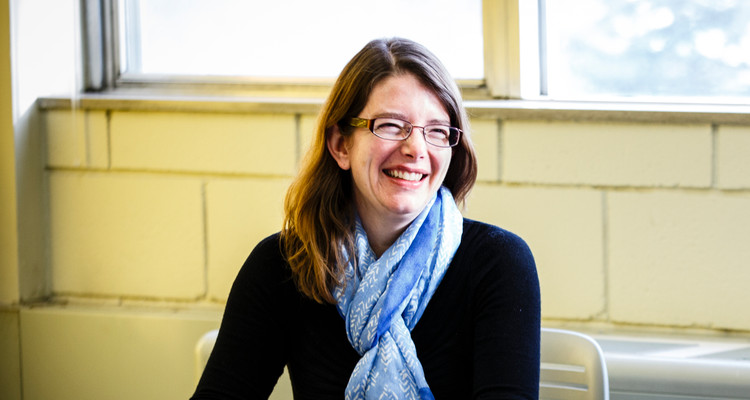
Political science and foreign affairs professor Renee Buhr joined Fox 9 News to discuss the conflict between Russia and Ukraine.
From the article: Buhr said a 2004 election was Ukraine's first demonstration of declaring its own independence and self-governance. The rigged election led to the Orange Revolution – an uprising by Ukrainian people that lasted several months until the pro-Ukranian candidate Viktor Yushchenko won in a new election replacing pro-Russian president Viktor Yanukovych. Years later, she says Yanukovych ran again and won fairly.
"In 2004, Ukraine starts to pull away in a much more noticeable way from Russian control. Putin takes that personally because he does believe that Ukraine, Belarus and Russia should be very closely allied," Buhr explained to FOX 9's Tim Blotz. "We have no question that Putin is very concerned about gaining control of as many pipelines as possible. But starting a war with Ukraine is going to not only be exceedingly costly, but also the flow on effects of sanctions are going to make it harder for him to reap the benefits of that oil wealth."
Watch the interview below:







